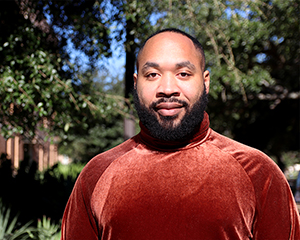We caught up with the brilliant and insightful Cedric Freeman a few weeks ago and have shared our conversation below.
Cedric, thanks for taking the time to share your stories with us today Was there a defining moment in your professional career? A moment that changed the trajectory of your career?
I’ve had the unique fortune of experiencing multiple defining moments throughout my career—each one redirecting my path in unexpected, yet meaningful ways. One of the first occurred during undergrad. I had entered college as a declared nursing major, driven by a desire to help others. But it quickly became clear—science wasn’t for me. Rather than abandon the call to serve, I searched for another way to make an impact. In the Spring of 2012, I shifted to Social Work and never looked back. I graduated with my BSW in 2015 and eventually returned in 2017 to pursue my Master of Social Work, with dreams of becoming a therapist.
While earning that degree, I worked in Residence Life at my university—initially just a job, but it soon became something more. Supporting students in real time, through crises, growth, and transition, laid the foundation for what would become a second passion: student affairs.
Then came one of the most painful defining moments: April 1, 2020. I sat for the licensure exam—and missed passing by one point. It was not an April Fools joke. I was devastated. As someone who suffers from test anxiety, it felt like a door had slammed shut. At that moment, I thought my dream of becoming a therapist had ended before it truly began. I doubled down on my work in higher education, telling myself maybe that’s where I was meant to be.
But the fire to become a therapist never fully went out.
In what I consider one of the most significant turning points of my career, I decided—almost on faith alone—to take the exam again on October 25, 2024, the day before my 32nd birthday. I had no structured study plan. What I did have was years of lived experience, deep belief in my purpose, and trust in my journey. This time, I passed—with 104 correct answers. I needed 98.
What I’ve learned from these moments is that failure doesn’t mean finality—it often signals redirection. And sometimes, the detours are where you discover your greatest strengths. My path hasn’t been linear, but it’s been deeply intentional. I am now both a therapist and a student support professional in higher education, living proof that multiple callings can coexist—and that our defining moments are often the ones we almost let define us in the wrong way.
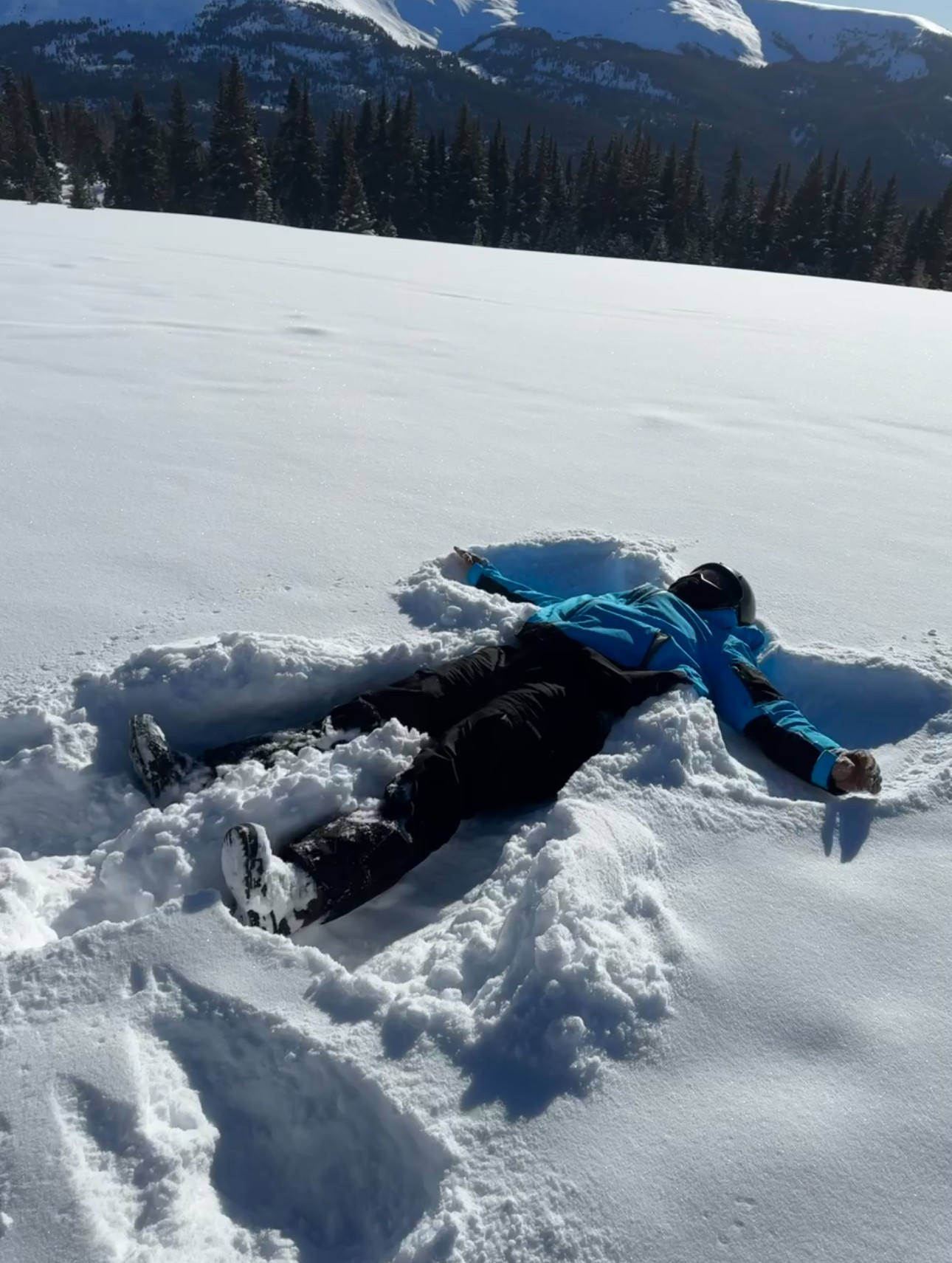
Great, appreciate you sharing that with us. Before we ask you to share more of your insights, can you take a moment to introduce yourself and how you got to where you are today to our readers.
For those meeting me for the first time, my name is Cedric Freeman. I’m a Licensed Master Social Worker, therapist, higher education professional, and someone deeply committed to the healing, empowerment, and success of marginalized communities—especially Black, LGBTQIA+, and first-generation individuals navigating complex systems and life transitions.
My journey into this field didn’t begin with a childhood dream or a straight path. It began with trial, redirection, and a steady refusal to let a setback define my future. Early on, I was drawn to the helping professions—I entered college as a nursing major, thinking that healthcare would be the route I’d use to make a difference. But I quickly discovered that while my heart was in the right place, the scientific rigor of nursing didn’t align with how I process and connect with the world. I still wanted to help, just not in that way.
So I pivoted. In 2012, I shifted to Social Work, a field that allowed me to hold space for others, to advocate for change, and to be both compassionate and critical in how I show up. I earned my BSW in 2015, and a few years later returned for my MSW—completing it in 2019 while working full-time in Residence Life at my university. That balance of clinical learning and real-world student engagement shaped the lens I work from today.
I now sit at a powerful intersection—serving as both a therapist and a professional in higher education. I support students as a Residential Student Support Manager, where I lead crisis response, advocate for at-risk students, develop wellness-centered programming, and bridge gaps between departments to ensure that no student slips through the cracks. On the therapeutic side, I work for Helen’s Project with clients—many of whom share parts of my lived experience—through identity exploration, trauma processing, emotional regulation, and purpose-building. Whether in a dorm room or a therapy session, my approach is grounded in listening deeply, challenging systems respectfully, and centering people wholly.
What sets my work apart is that it doesn’t live in silos. I don’t just “do therapy” or “do student support.” I integrate both, because the people I serve are whole people—with academic goals, mental health struggles, generational wounds, dreams, and fears that don’t clock out at 5 PM. I’ve helped students who were on the verge of giving up find new footing. I’ve helped clients learn how to breathe through trauma, speak their truth, and unlearn survival tactics that no longer serve them. My work is relational, intentional, and responsive.
The services I provide span case management, individual and group therapy, student crisis intervention, training and consultation for staff and educators, and culturally rooted support for individuals navigating oppressive or isolating environments. I specialize in helping people feel safe enough to unpack what’s been buried—whether that’s pain, potential, or purpose.
What I’m most proud of is the way I’ve honored my own voice while helping others find theirs. I understand what it’s like to second-guess yourself, to wonder if you’re enough, to fail and think it’s the end of your story. I’ve lived it. But I’ve also returned stronger, taken leaps of faith, and turned pain into purpose. I passed my licensure exam on the second try—on the day before my 32nd birthday—not because I had all the answers, but because I finally trusted what I knew, what I’d lived, and who I was becoming.
To anyone reading this—whether you’re a potential client or collaborator—I want you to know: I see you. My work is about showing up with empathy, staying accountable, and helping people step into their next chapter with clarity, support, and unapologetic ownership of their story. My brand is rooted in realness, resilience, and the belief that healing isn’t linear—but it is possible.
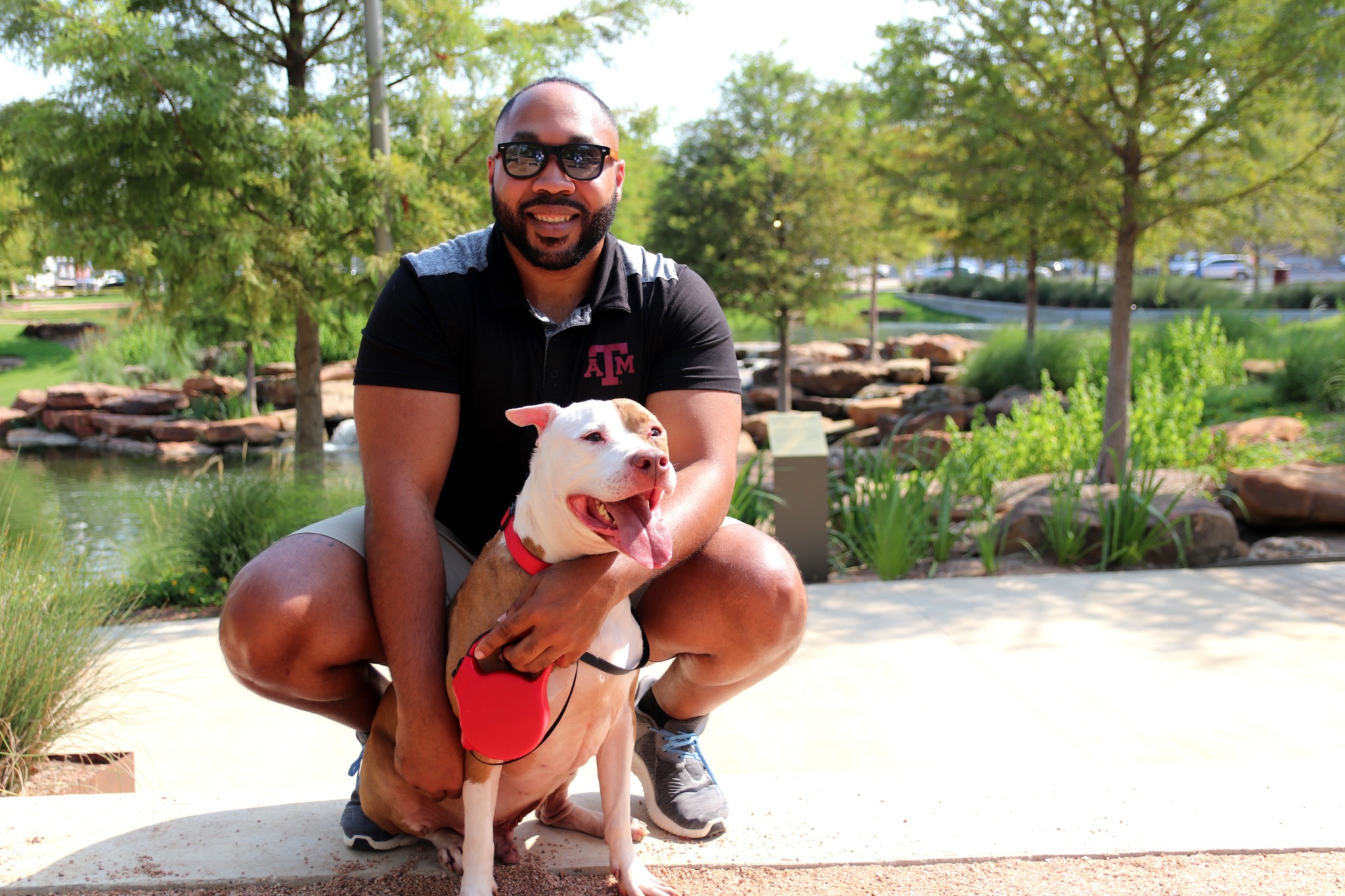
Do you think you’d choose a different profession or specialty if you were starting now?
Absolutely—and without hesitation.
If I could go back, I would still choose this profession, this path, and every twist along the way. That’s not to say the journey has been easy. There were moments filled with self-doubt, setbacks that tested my resilience, and crossroads where I wasn’t sure if I was moving forward or starting over. But every pivot—whether it was changing my major, failing my licensure exam by one point, or finding purpose in higher education when I thought I’d missed my shot at therapy—was necessary.
What I’ve learned is that this work chooses you just as much as you choose it. Whether I’m sitting across from a client in therapy or supporting a student in crisis, I know I’m exactly where I’m supposed to be. Social work, therapy, and student support have given me the space to use my lived experience as a tool for connection and healing. I get to show up as my full self and help others do the same. That’s a privilege I wouldn’t trade for anything.
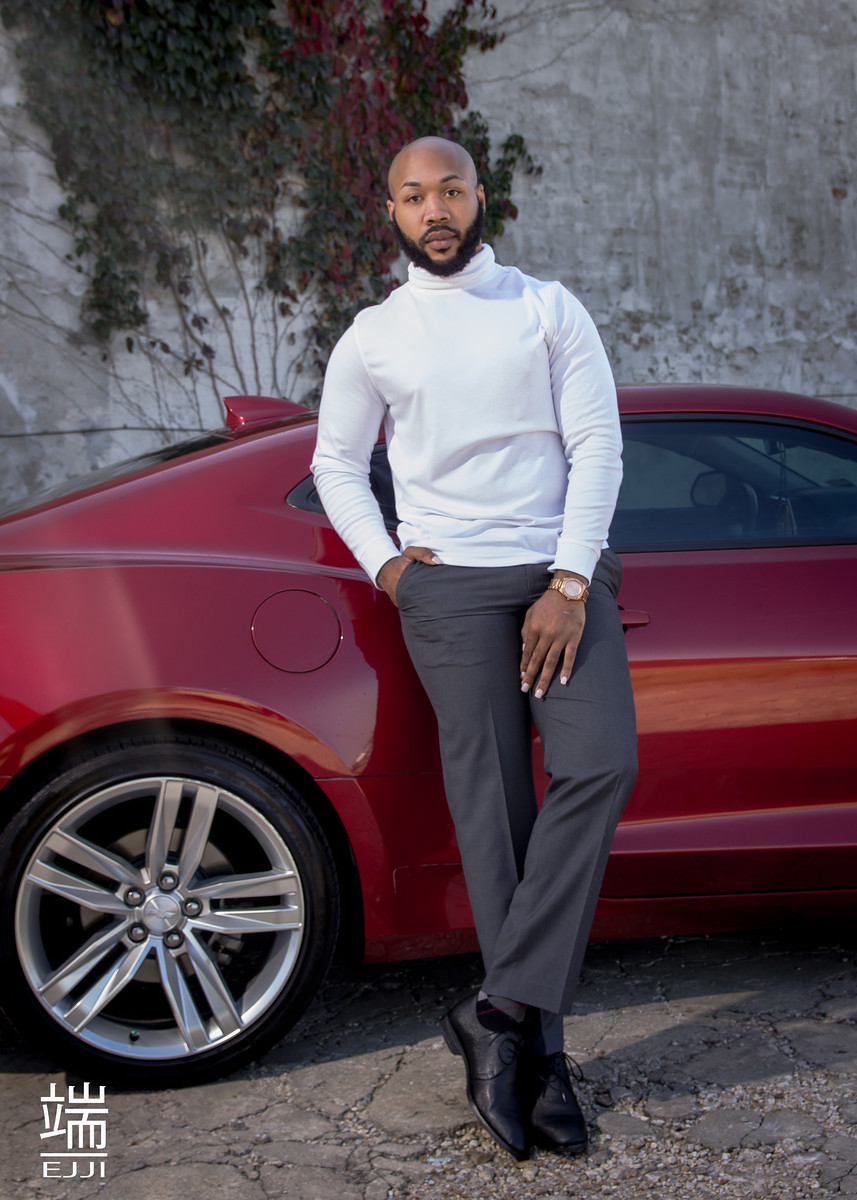
Putting training and knowledge aside, what else do you think really matters in terms of succeeding in your field?
Beyond the degrees, certifications, and clinical hours, what truly sustains success in this field—whether it’s in social work, therapy, or higher education—is emotional endurance, self-awareness, and a commitment to showing up fully human.
This work is not for the faint of heart. You’re sitting with people in their most vulnerable moments, holding space for trauma, grief, identity struggles, systemic harm, and often years of silence. The technical training teaches you how to assess, diagnose, document, and refer—but it doesn’t teach you how to hold someone’s pain without absorbing it, or how to manage the quiet ache that follows you home after a tough session or a difficult student crisis.
What’s most helpful—truly—is the ability to remain soft in a world that tries to harden you. It’s the capacity to empathize without overidentifying. It’s being able to say, “I don’t have all the answers, but I’m here to walk with you through it.” You have to know yourself well enough to not project your own fears or unmet needs into someone else’s story. You have to regulate your own emotions while helping others learn how to name theirs. And perhaps most importantly, you have to care deeply—without burning out completely.
Maya Angelou once said, “I’ve learned that people will forget what you said, people will forget what you did, but people will never forget how you made them feel.” That quote has followed me throughout my entire career, because at the end of the day, success in this field is less about what you do and more about how you show up. Your presence—grounded, authentic, and compassionate—is often the intervention.
Resilience in this field doesn’t come from pretending things don’t affect you. It comes from having rituals that ground you, communities that refill you, and the humility to keep learning—even when you’ve been doing the work for years. You have to get comfortable being uncomfortable. You have to be okay with silence. You have to sit with people in their mess without trying to clean it up too fast.
Also? Cultural humility and lived experience matter. Especially in systems that have historically pathologized, dismissed, or misunderstood people from marginalized backgrounds. For me, being Black, queer, and first-gen isn’t just my identity—it’s my framework. It’s what allows me to see beyond a behavior to the history that shaped it. It helps me build trust with folks who’ve been told their whole lives that they’re too much, not enough, or impossible to help. You can’t learn that from a textbook.
So while knowledge is essential, the heart of this work lies in your ability to be real. To be consistent. To hold boundaries and compassion. To know when to challenge and when to just listen. To understand that success isn’t about how many clients you see or how many programs you run—it’s about how many people walk away from you feeling more seen, more heard, and more whole than when they arrived.
That’s the part no degree can teach you—but it’s what makes all the difference.
Contact Info:
- Facebook: https://www.facebook.com/cedric.freeman.50/
- Linkedin: https://www.linkedin.com/in/cedric-freeman-lmsw-59b881b0/
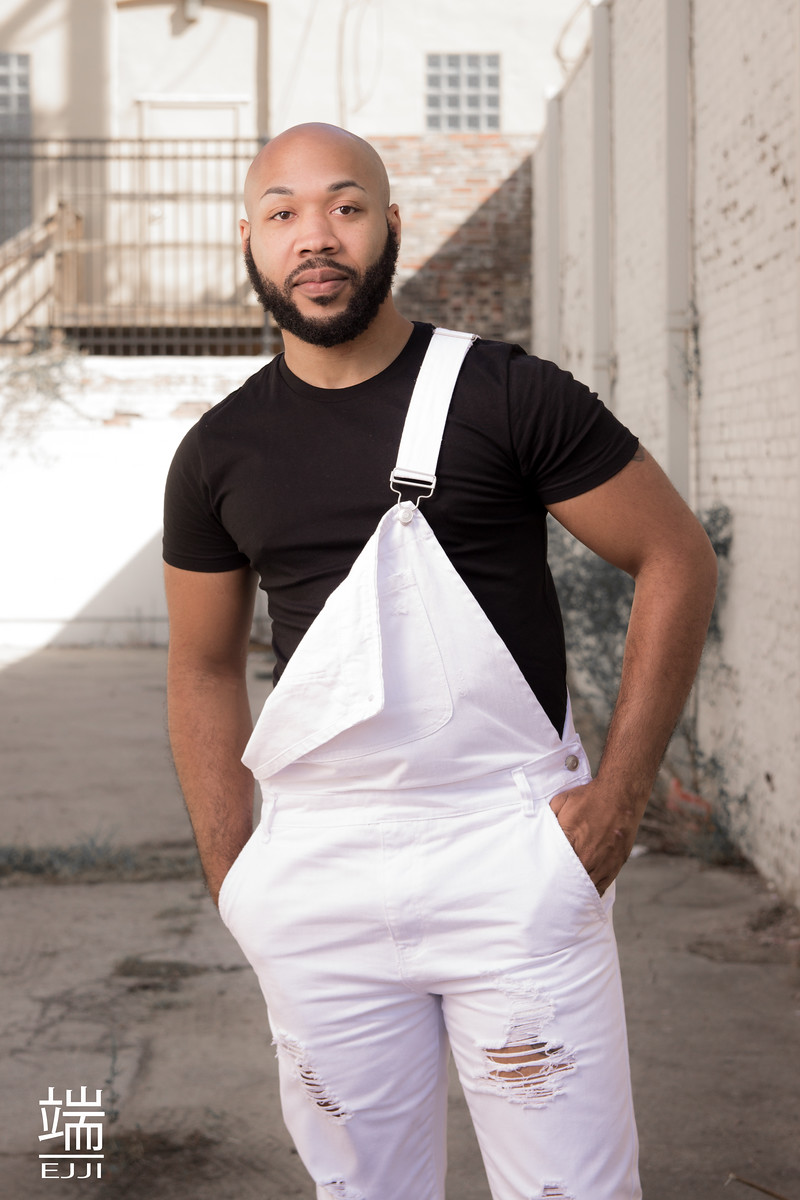
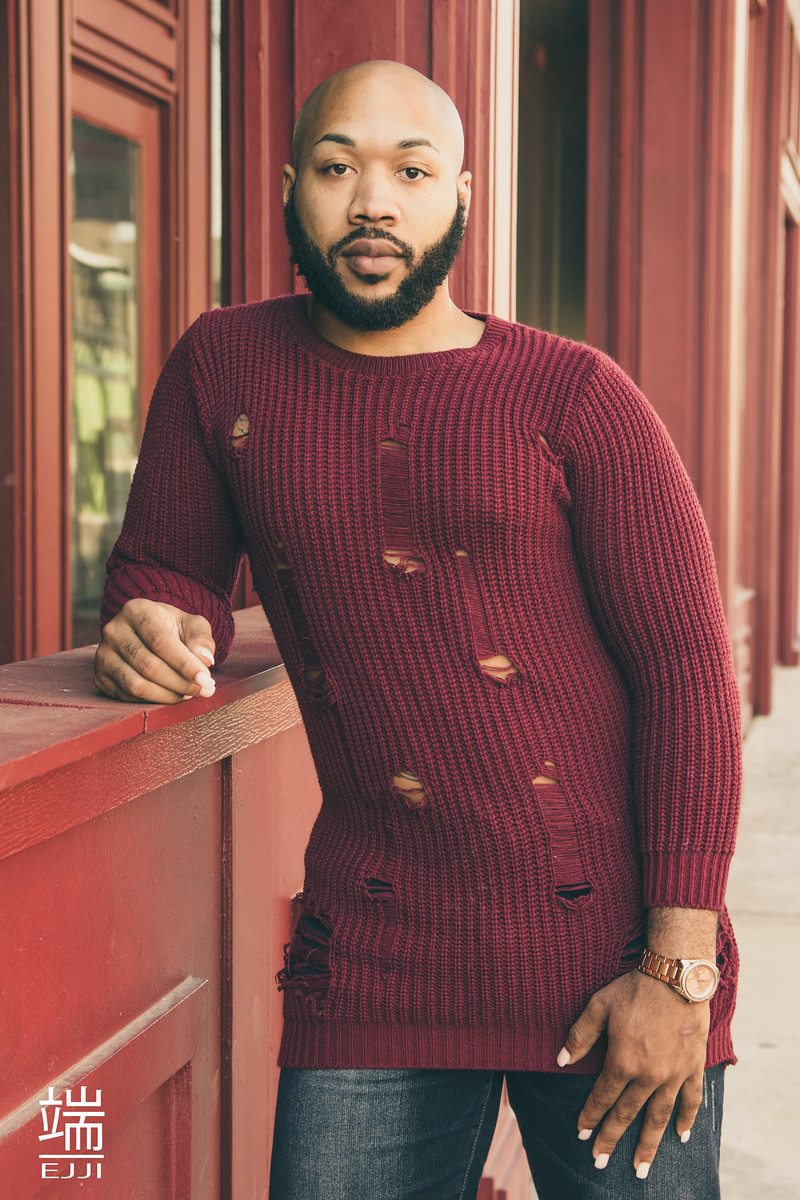
Image Credits
Andrew “da Paparazzi” – Ejji Studios


